Most Read
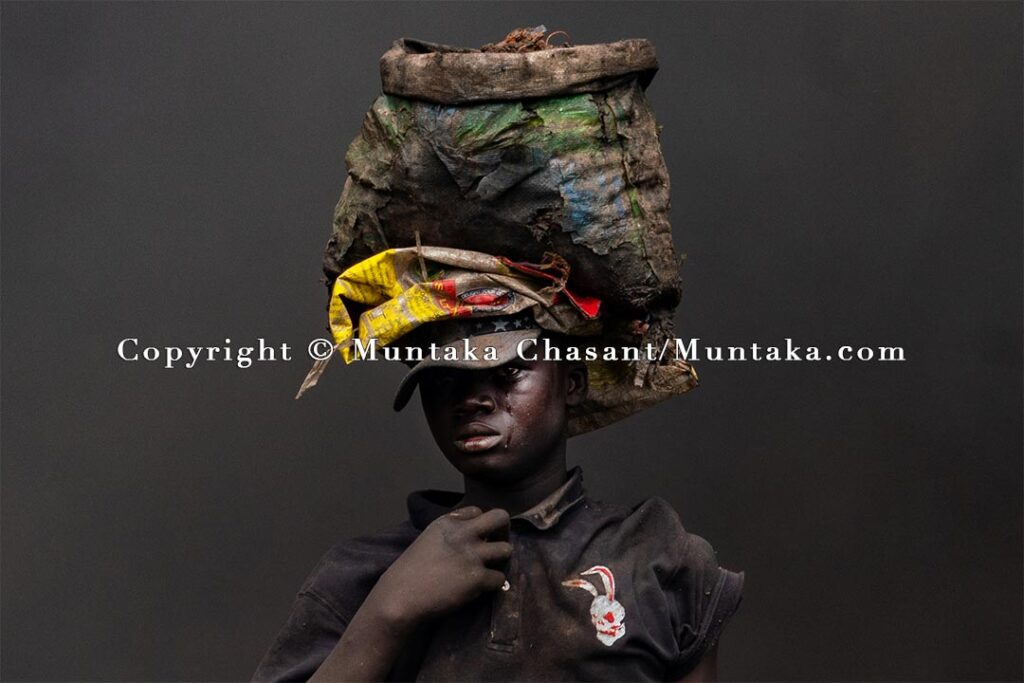
Agbogbloshie Urban poverty
Agbogbloshie Demolition: The End of An Era or An Injustice?
Emerging consequences of the Agbogbloshie demolition and a glimpse of everyday struggles in Accra and how urban marginality is experienced. Beyond the role of the State in dispossessing Accra's urban poor, the Agbogbloshie demolition should be viewed within the context of socio-spatial entanglements.
August 22, 2021
August 22, 2021
14 Min read time
Featured photo above: Making a final push following the demolition of the Agbogbloshie Scrapyard, an urban poor man emerges from a wall of thick smoke with tears trickling down his cheeks. The Agbogbloshie Scrapyard was a lifeline for thousands of Accra's urban poor. Copyright © Muntaka Chasant
Emerging consequences of the Agbogbloshie demolition and a glimpse of everyday struggles in Accra and how urban marginality is experienced. Beyond the role of the State in dispossessing Accra's urban poor, the Agbogbloshie demolition should be viewed within the context of socio-spatial entanglements.
Last update: 12 April 2023, 12:13 AM GMT
Despite supporting thousands of livelihoods, the Ghana Government showed up with bulldozers and armed military on 1 July 2021 and violently demolished the Agbogbloshie Scrapyard. Just eight days after a Basel Convention Webinar on E-waste management with a focus on the site.
This reverses years of e-waste management efforts and gains.
For days, Agbogbloshie blazed under thick smoke-filled skies, sending fury among the struggling urban poor who relied on the site as a source of jobs.
The demolition did not halt e-waste work. E-waste practices have now gone underground, inside living homes, and much closer to where people live. Instead of one Agbogbloshie, many new informal e-waste recycling sites resembling the erased Agbogbloshie are now emerging all over Accra and Tema, an industrial city near Accra.
Regrettably, the Agbogbloshie Scrapyard was not demolished due heavy metal pollution, but as part of Henry Quartey’s decongestion exercise ‘Let’s Make Accra Work.’ A vision to remake Accra’s urban landscape — utopian imaginations that put the urban poor and the spaces they inhabit1 in the crosshairs.
Mr. Henry Quartey is the Greater Accra Regional Minister.
Despite Agbogbloshie being renowned for its severe soil heavy metal contamination, the Minister said2 they intend to “erect a fence wall” around the recently demolished scrap and e-waste recycling site with “a number of projects lined up” to be undertaken — in an area listed alongside Chernobyl3, the 1986 nuclear accident site in Ukraine.
I think that Mr President’s decision to site Agenda 111 hospital there [demolished Agbogbloshie site] is the best thing that could happen to a society. So indeed, not just reclaiming the land but it is going to benefit society more than it used to be and I commend the government for that.
Henry quartey
News reports4 5 6 in the third week of August 2021 suggest the Government has earmarked a section of the site for a new district hospital.
Mr. Quartey told Asaase Radio7 on 22 October 2021: “I think that Mr President’s decision to site Agenda 111 hospital there is the best thing that could happen to a society. So indeed, not just reclaiming the land but it is going to benefit society more than it used to be and I commend the government for that.”
Nothing about this situation calls for a laugh, however, this follow-up publication showing a futuristic impression of a Sauron’s eye tower-like landscape had me befuddled.
I argue that circulating utopian impressions/imagined urbanisms enable marginalization by characterizing the spaces where the urban poor live and work as pathological and in need of interventions.
The Ghana Government has so far not considered control and remediation of soil heavy metal pollution. For me, this raises questions about the Government’s knowledge of environmental contamination and potential associated health risks.
The aerial photographs below, taken roughly 21 months apart, show the before and after the Agbogbloshie demolition.
The same area on 17 February 2023:
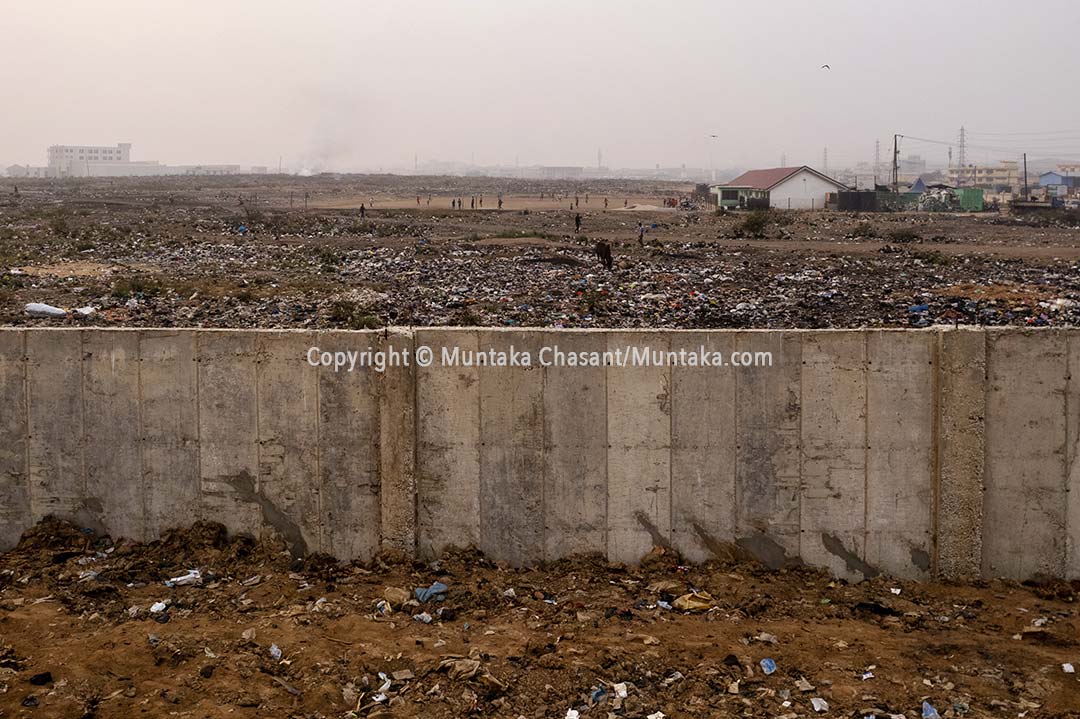
Agbogbloshie Demolition: The State vs. The Urban Poor
In war-like scenes, the video above from 1 July 2021 shows the police dragging the urban poor onto the streets — slapping and assaulting them — to make way for the demolition of the Agbogbloshie Scrapyard.
The Government of Ghana, represented by Mr. Quartey, clearly misled8 9 10 the affected businesses and communities about the scope of the demolition.
As a site of contested e-waste journalism, Agbogbloshie was covered by the most prominent Western media outlets. However, none of the human rights violations above and the violent demolition made headlines in any known major news outlet in the Global North.
In this video published by GhanaWeb, Mr. Quartey can be seen singing and dancing alongside the people and the security personnel who policed the demolition.
Concentrated poverty areas, including Agbogbloshie, are often perceived by the public as the sources of urban problems. This stigmatization, which is in itself a form of symbolic violence, aggravates the conditions of the urban poor.
Having rallied the local media behind him, it is no surprise Mr. Quartey enjoyed public support11 for this.
However, as a Ghanaian, I strongly denounce the human rights violations visited on the urban poor and the distasteful singing and dancing that followed.
What Happened in the Weeks Leading up to the 1 July 2021 Demolition?
All evidence leading up to the demolition show only the Onion Market was earmarked for ‘decongestion’ with the traders scheduled to relocate to Adjen Kotoku.
In defense of the Agbogbloshie scrap dealers, I’ll show below some significant publications leading up to the 1 July 2021 demolition and how none identified the Agbogbloshie Scrapyard as part of the areas to be razed down.
[I have permanently archived the publications below in case the links are later updated]
Some of the earliest publications on relocation/decongestion of the area I have seen were around the 3rd week of May 2021.
20 May 2021 / CitiNewsRoom: Relocate to Adjen Kotoku within 7-weeks – Onion traders in Accra ordered
There was no single mention of the Agbogbloshie Scrapyard or the Greater Accra Scrap Dealers Association (GASDA).
21 May 2021 / Daily Graphic: ‘Bulk breaking’ traders to relocate to Adjen Kotoku
No mention of engagement with the scrap dealers. Again, only onion trading groups.
The state-owned Daily Graphic, the most widely read newspaper in Ghana, is within walking distance from the Agbogbloshie Scrapyard.
I doubt the Daily Graphic will disregard any news of the impending demolition of the Scrapyard. Their offices are often at the receiving end of toxic air pollution from the site.
21 May 2021 / Accra Metropolitan Assembly (AMA): Agbogbloshie Onion Sellers given 7 weeks ultimatum to relocate to Adjen Kotoku
The AMA would definitely single out the Agbogbloshie Scrapyard, but they did not.
16 June 2021 / Ghanaweb: Agbogbloshie onion sellers have gone for a mallam to make sure I don’t see July 1 – Henry Quartey
Again, no mention of the scrap dealers.
20 June 2021 / Ghanaweb: Agbogbloshie onion sellers backtrack, beg Henry Quartey for time to relocate
No mention of the Agbogbloshie Scrapyard.
It was only on June 28, 2021, that the Ghana News Agency12 listed the scrap dealers as being among the groups expected to receive Government cash to relocate to Adjen Kotoku. The leadership of GASDA has denied any knowledge of this to me.
29 June 2021 / MyJoyOnline: Agbogbloshie onion sellers protest Adjen Kotoku relocation
Again, this had nothing at all to do with the Agbogbloshie Scrapyard.
All faces seen in the media are known onion traders. Not a single known member of GASDA has been part of any of the reports or scenes leading up to the 1 July demolition.
The Day of the Demolition

The reports leading up to 1 July contributed to the scrap dealers’ reaction13.
“I couldn’t watch my decades-old business razed down without notice,” said an angry scrap worker.
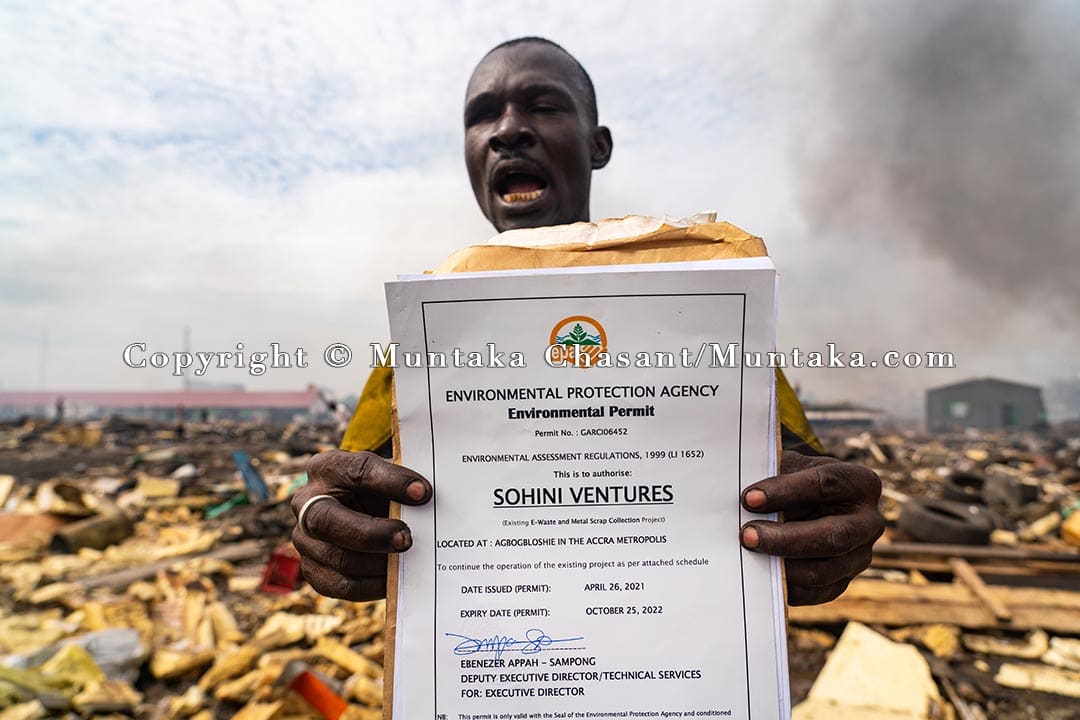
For me, the available media reports above are sufficient to prove that the GASDA leadership was not engaged. Only the Onion Market traders had been involved in negotiations.
Post-1 July, the Minister described the Agbogbloshie Scrapyard and the adjoining sites together as the “Onion Market.” Was Mr. Quartey himself misled?
“Initially, we were hoping to do this in three days, but clearly, it appears we will be here for a week and a half,” he said in the linked report above.
From estimated three days to roughly ten days? Was the initial estimated three days for the Onion Market? Was the Agbogbloshie Scrapyard demolished on a whim — hence the sudden additional one week to complete the exercise?
Emerging Consequences of the Agbogbloshie Demolition
As a vital heart of the resource recovery industry in Accra, Agbogbloshie was a source of livelihood for thousands of the city’s urban poor.
For years, I have documented human suffering in its many forms and injustice around Accra. I pointed my cameras on the neglected populations of Agbogbloshie, and in so doing, framed the harsh environment as a refuge for Accra’s struggling urban poor by spotlighting certain hidden geographies embedded within the landscape.
These ethnographic observations often chronicled the hopes and hardships of the urban poor whose lives were shaped by processes of economic, political, social, and spatial marginalization.
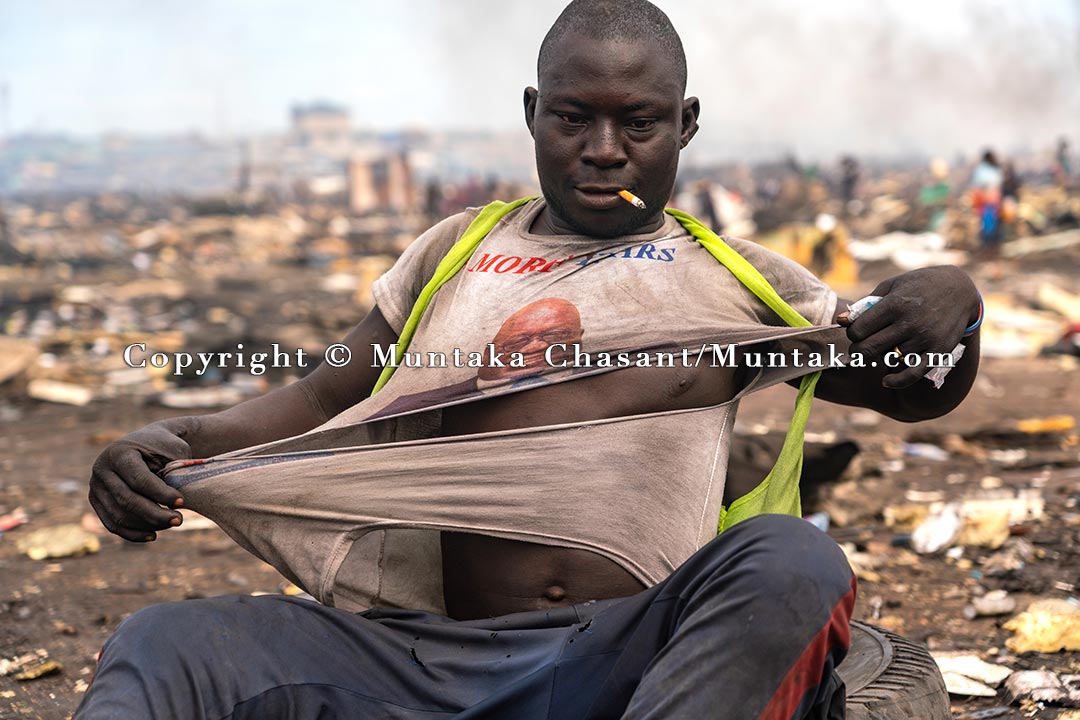
My work brought viewers face to face with Accra’s struggling young people — a ‘visually nuanced interpretation’ of life around that segment of society. I showed the catastrophic consequences of the Ghana Government’s inaction on environmental pollution — especially e-waste as an unrecognized source of lead poisoning among urban poor children.
Amid the contested interpretations and counternarratives on e-waste practices, none of us ever suggested (as far as I know) the total demolition of Agbogbloshie as a solution.
- It would have a devastating impact on the urban poor.
- It could end up creating multiple informal recycling spots throughout the city and exacerbate environmental pollution. This would have a significant implication for Accra.
Both of the concerns above are now underway.
The economic significance of Agbogbloshie — often ignored by academia, e-waste journalism, filmmakers, and photographers — cannot be emphasized enough.
- The Government earns foreign exchange from the vast bulk of the extracted copper, circuit boards, and other materials exported out of Ghana. Industries use some of the materials as primary inputs in the production of new devices. For instance, scrap circuit boards from Agbogbloshie are depopulated and recycled for gold and other precious metals.
- Agbogbloshie also supplies significant materials to Ghana’s steel industry, which are used for construction steel rods and other industrial and consumer metal products.
Make no mistake, Agbogbloshie was and is still a significant environmental threat. However, demolition was not part of any recent discussions.
Urban poverty has very serious implications for the thousands of young people around Agbogbloshie, Old Fadama, and the Jamestown area who are forgotten and cut off from vital social services and economic opportunities.
The youth bear the greatest burden of poverty in Ghana. With no economic resources, many young people have withdrawn from social and civic life to the fringes, on the margins of a place such as Agbogbloshie, where they engage in hazardous work.
The urban poor, including many children who relied on the Agbogbloshie Scrapyard as a source of livelihood, are now desperate.
Many of them have spent weeks after the demolition with pickaxe and their bare hands digging through the heavy metal contaminated soil to recover metals deposited underground during the bulldozing of Agbogbloshie.
On the other front, recovered metals from e-waste are in high demand. They still sell fast for instant cash.
While members of the GASDA are still working to secure a site outside of Accra, several scrap dealers have acquired lands in residential areas (in Accra), where they engage in informal e-waste recycling.
The informal e-waste recycling and the pollution associated with Agbogbloshie have not died down. Intensive recycling now takes place in multiple locations on private properties all over Accra.
Some scrap dealers have told me relocating 50 km outside Accra would be bad for their business, so they are not hopping on the Teacher Mante coalition. “Itinerant collectors are urban-based, and rural Teacher Mante won’t work for me,” one Agbogbloshie scrap dealer told me with frustration.
“Who can afford to collect goods from Accra (Greater Accra Region) and send them to the Eastern Region and return home to Accra the same day?”
I’m not certain how things are going to turn out in the coming months.
However, I predict that the tearing down of Agbogbloshie with force without regard for the many years of e-waste management effort and gains (ex. GIZ14 and Pure Earth15 attempts) is likely to spur debates among environmental scientists, urban geographers, and development academics in the years ahead.
Punishing the Urban Poor: Emerging Trends
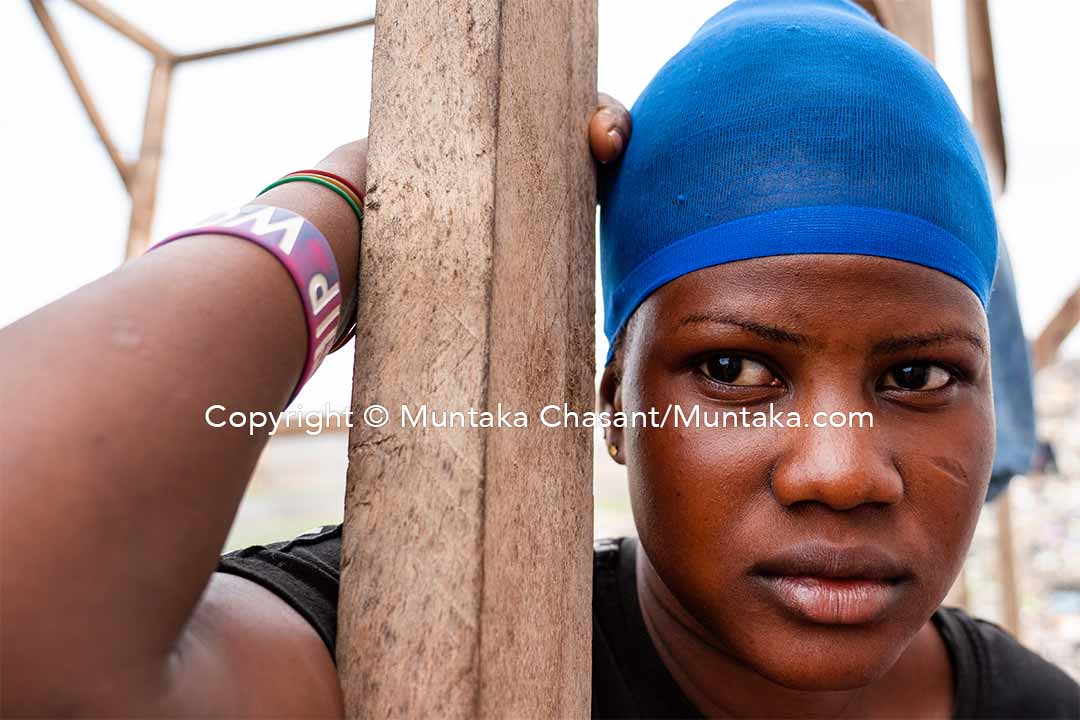
Immediately after the 1 July demolition, Mr. Quartey threatened that Old Fadama, the largest informal settlement of its kind in Ghana and home to more than 100,000 people, is going down next. This sent a chill through the community.
I’m a young person with no education at all. There’s no job, nothing in my village. What would I do? Where should I go now?
Fuseina, 21-year-old urban poor
Thousands panicked and left to their towns and villages.
Accra’s mayor eventually instructed Old Fadama slum leaders to demolish shacks 20 meters from the Korle to enable the lagoon’s restoration efforts.
Aware they occupy these contested spaces only at the sufferance of the state, they painfully complied.
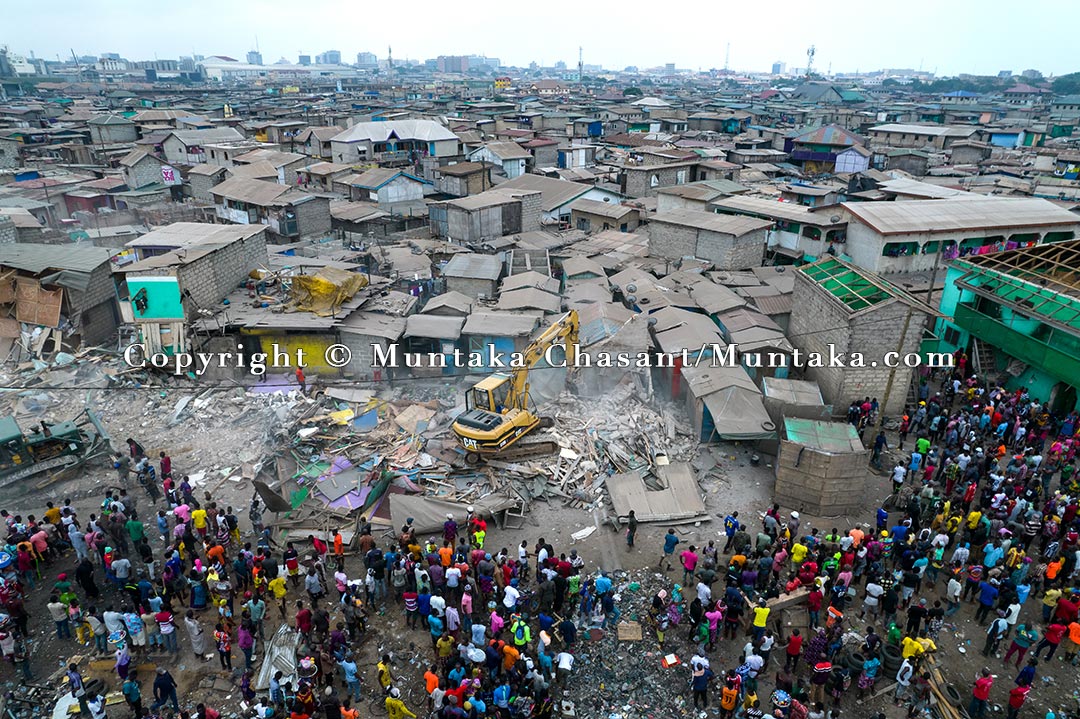
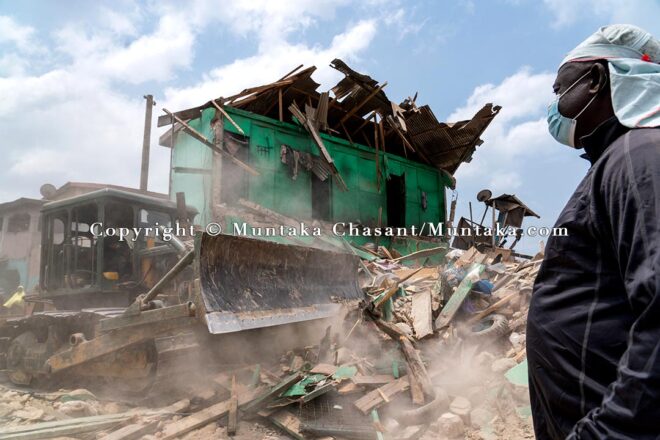
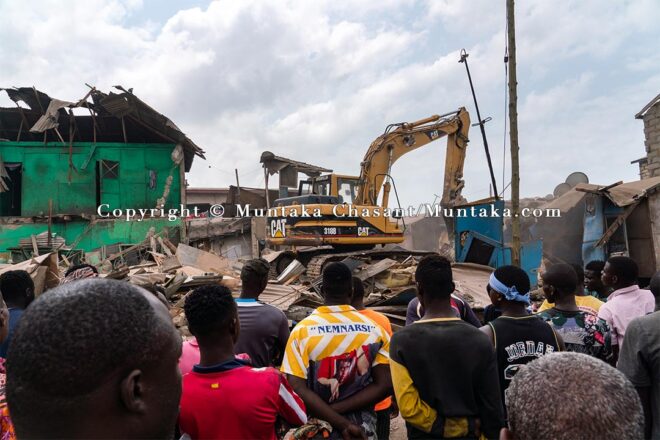
Fear of pulling any last minute surprises (lessons from the scrapyard demolition), the community leaders gathered resources and conducted the “20 meters from the Korle Lagoon” demolition on their own.
The community leaders invited me to cover the demolition.
There’s clearly more to this.
I theorize this ‘voluntary’ demolition as an emerging trend, where urban authorities use a nearby precedent ‘use of force’ to coerce the urban poor to demolish their homes. This creates the optics the urban poor razed down their homes on their own free will.
This is all very interesting.
A Parting Conversation

With tears welling in his eyes, a “burner boy” picking up the last pieces turned to me on 1 July 2021:
Burner Boy: My fiancé is pregnant. Just when I thought things are starting to turn around for me…and this. What am I going to do now? Life is brutal, I tell you.
I pulled my camera to the side.
Me: Grieve for now, if you must, and then look for the silver lining. If being around here has taught me anything, you frontline men don’t rest. You have the path ahead. The future is in the air!
I then quoted and translated Oscar Wilde: “…life cheats us with shadows. We ask it for pleasure. It gives it to us, with bitterness and disappointment in its train.“
Update: 15 September 2021
“Forgive us if we have wronged you and give us jobs” — 26 years old urban poor begs Ghana’s gerontocratic ruling class
No, a foundation is not being dug on the demolished Agbogbloshie Scrapyard site.
Living in the most desperate poverty, these young urban poor men are literally digging down — mining for scrap metals. Earning on average around GH₵20/day ($3.3), they have been coming here every day for 10 weeks following the Agbogbloshie demolition.

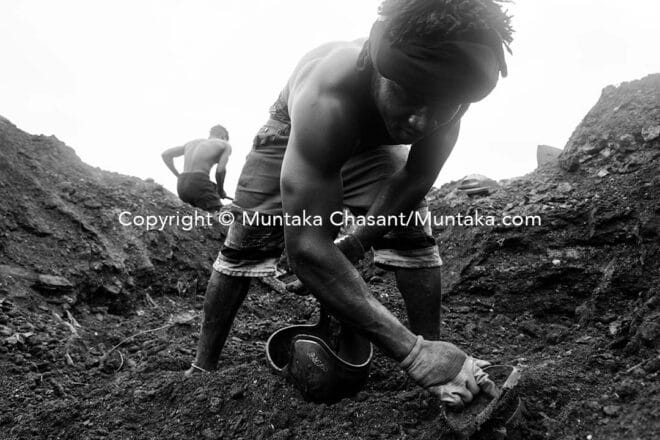
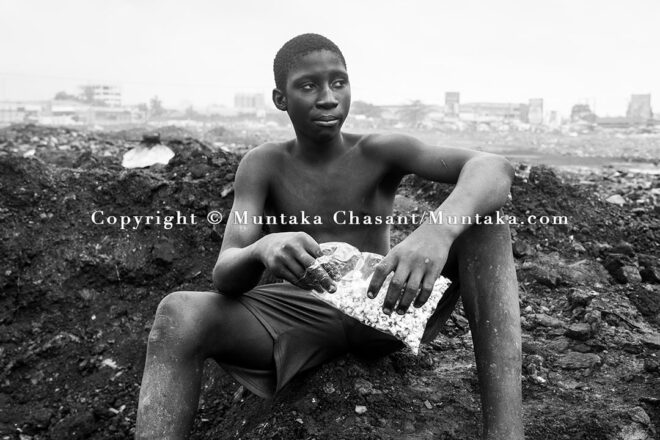
“There is no dignity in what I do, but I have nowhere to go,” said Emmanuel, 23, from Tarkwa in the Western Region of Ghana.
Emmanuel moved to Accra in search of a job around 2016. He ended up at Agbogbloshie doing all sorts of hazardous work. With the scrapyard demolished, he’s now desperate.
I sat on the pile to keep them company.
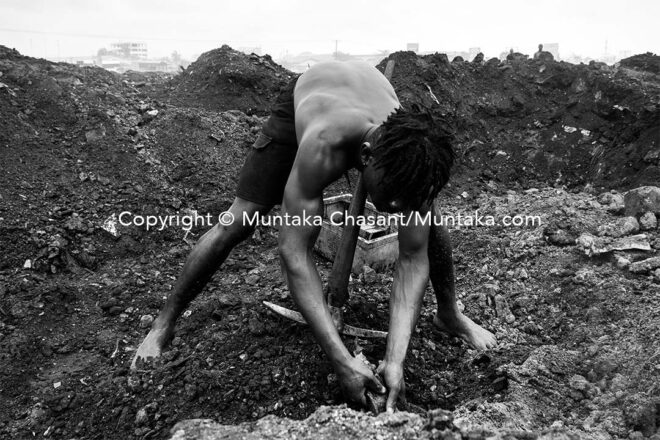
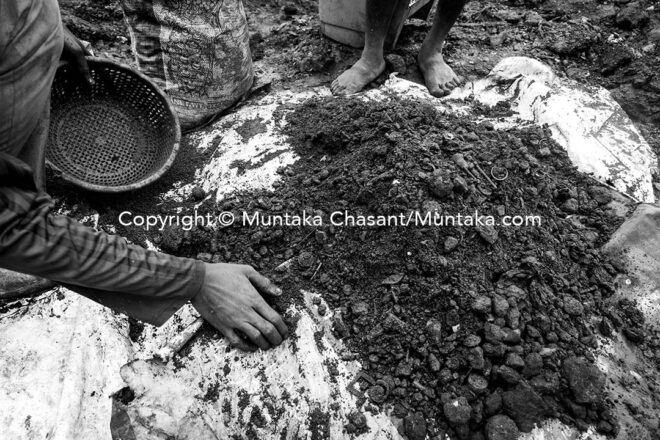
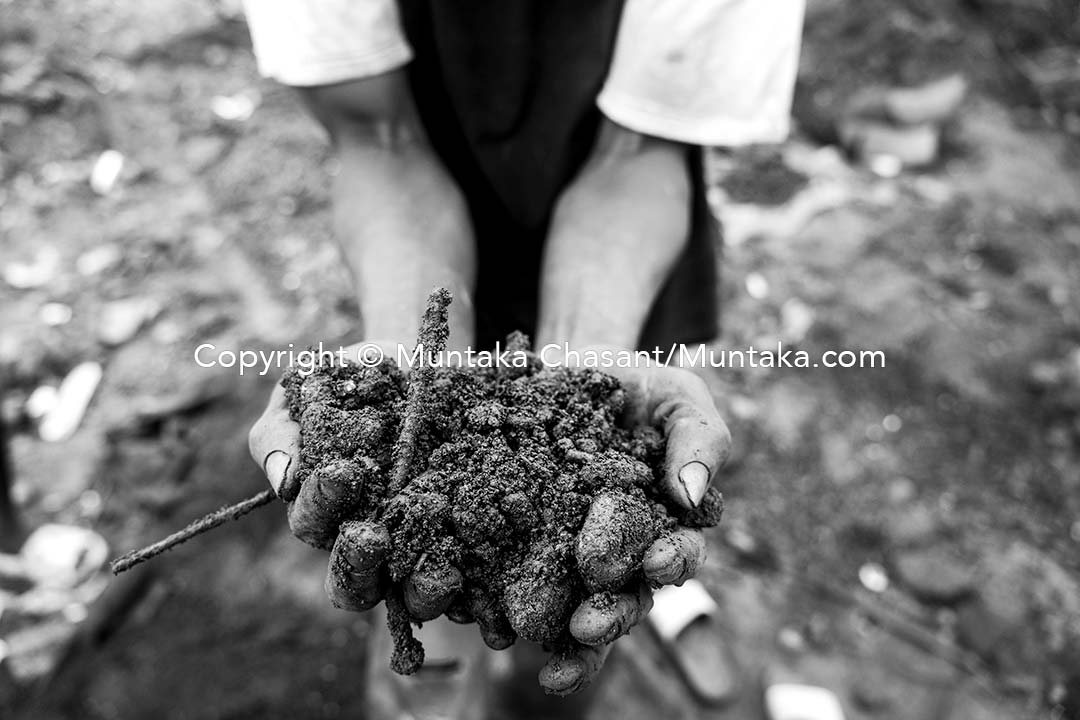
Nana, 26 years old, from Ejisu in the Ashanti Region of Ghana, turned to me and asked: “Could you tell the old people [the Government of Ghana] to please forgive us if we have wronged them and give us jobs?”
“What, Nana, you have done no wrong to ask to be forgiven,” startled by his question and request, I engaged him.
“This is too much…what have we done to be humiliated in this manner?” Nana asked again.
My hope is that the documentary photography form in this context would anchor the demolition as a spatial question and inform future debates in relation to the fluid nature of land access, urban marginality, and the post-Agbogbloshie Scrapyard urban society.
Copyright © 2021 Muntaka Chasant
Sources
- https://www.ghanaweb.com/GhanaHomePage/NewsArchive/Henry-Quartey-leads-team-to-demolish-illegal-structures-on-Tema-Motorway-1352107
- https://www.ghanaweb.com/GhanaHomePage/NewsArchive/Agbogbloshie-onion-market-will-be-fenced-Henry-Quartey-1301395
- https://www.worstpolluted.org/docs/TopTenThreats2013.pdf
- https://www.graphic.com.gh/news/general-news/agbogbloshie-hosts-agenda-111-hospital.html
- https://www.ghanaweb.com/GhanaHomePage/NewsArchive/Agbogbloshie-cleared-site-to-be-used-to-build-one-of-Agenda-111-hospitals-1337878
- https://www.modernghana.com/news/1099539/agenda-111-ablekuma-central-district-hospital.html
- https://asaaseradio.com/henry-quartey-decision-to-use-agbobloshie-land-for-agenda-111-hospital-is-the-best/
- https://web.facebook.com/watch/?v=546298389705209
- https://www.ghanaweb.com/GhanaHomePage/NewsArchive/Agbogbloshie-Demolition-Henry-Quartey-has-not-been-honest-with-us-Assemblyman-1300291
- https://www.ghanaweb.com/GhanaHomePage/NewsArchive/Agbogbloshie-residents-worried-about-safety-at-night-1387894
- https://www.ghanaweb.com/GhanaHomePage/NewsArchive/Henry-Quartey-initially-rejected-the-post-of-Regional-Minister-Akufo-Addo-1385047
- https://www.gna.org.gh/1.21003347
- https://citinewsroom.com/2021/07/we-didnt-know-relocation-to-adjen-kotoku-included-us-agbogbloshie-scrap-dealers/
- https://www.giz.de/en/worldwide/63039.html
- http://www.pureearth.org/project/agbobloshie-e-waste/
August 22, 2021
14 Min read time


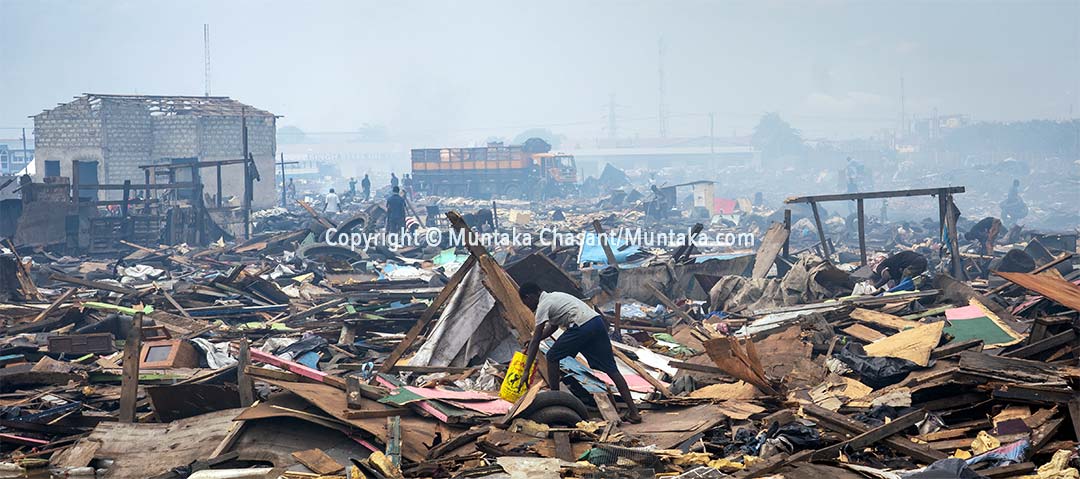
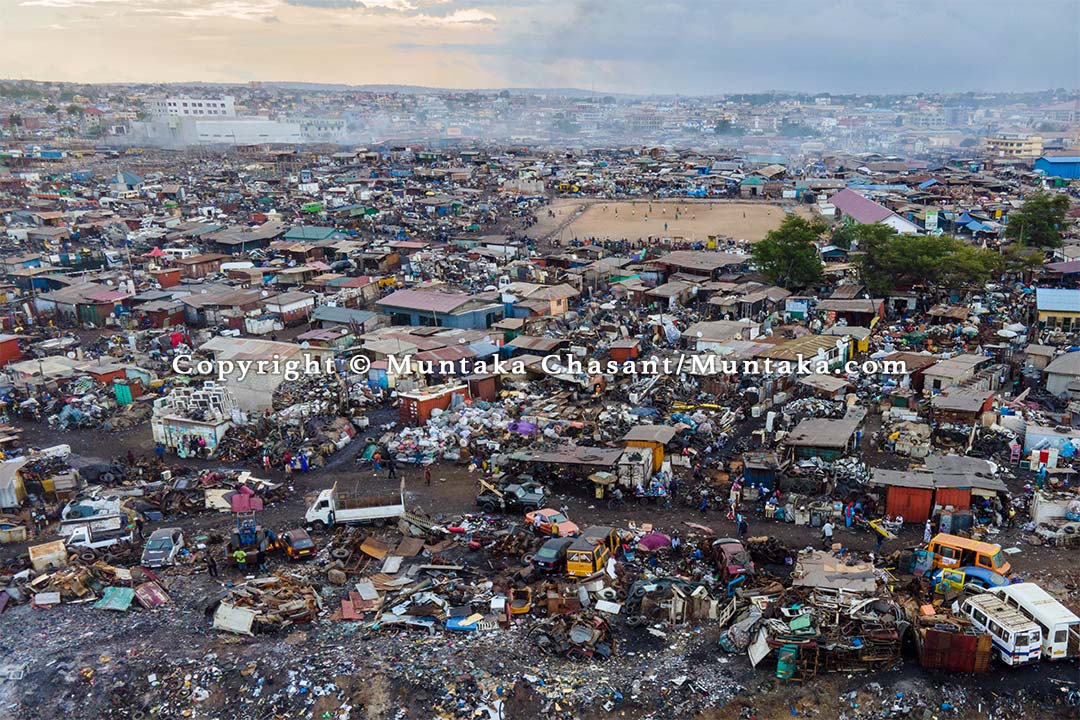
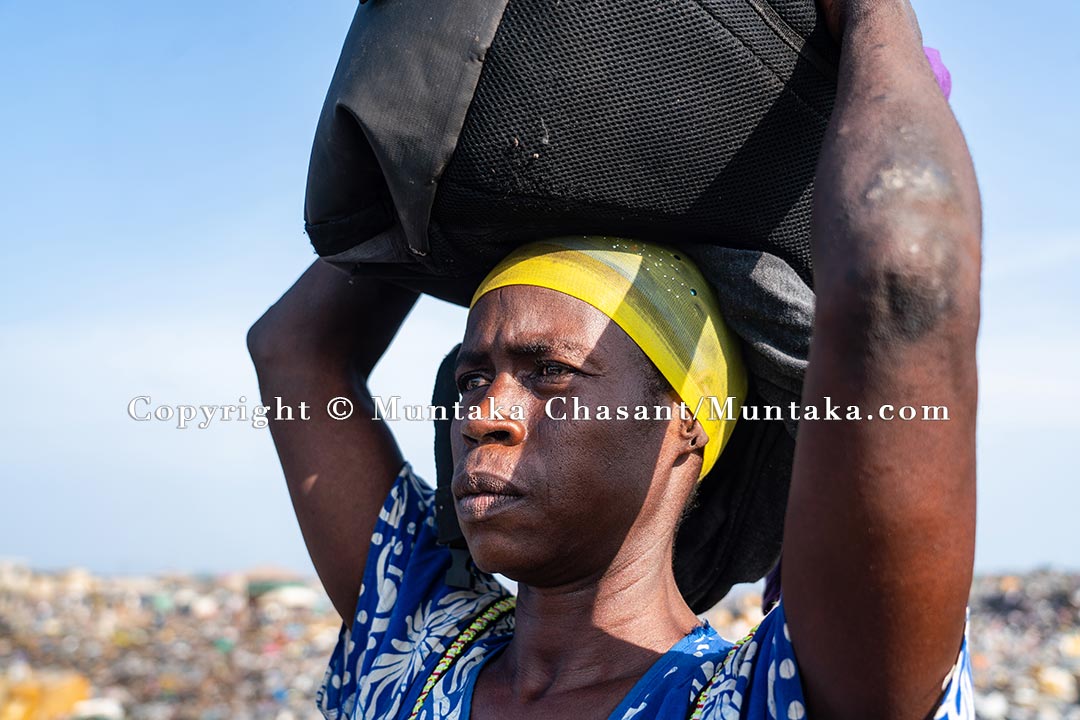
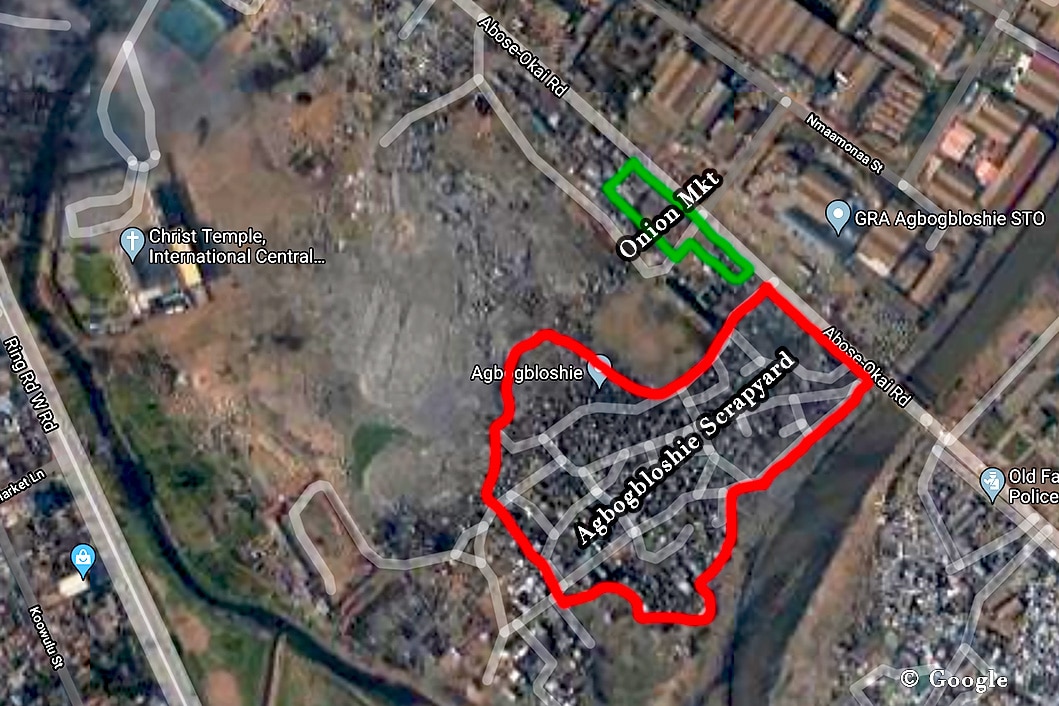
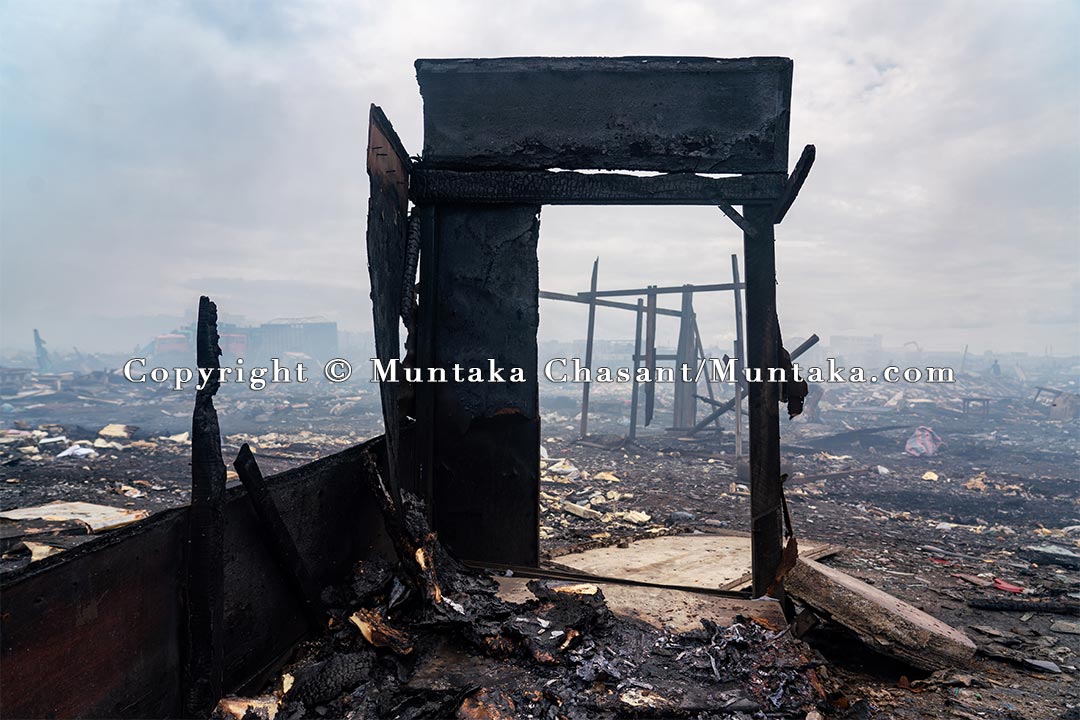
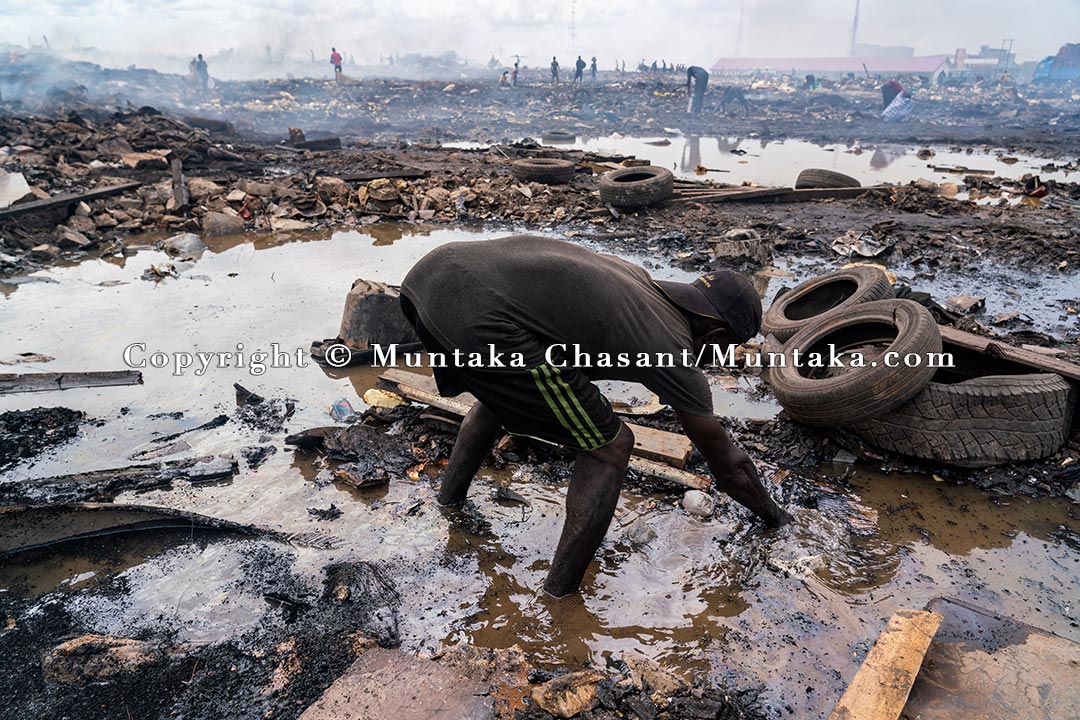
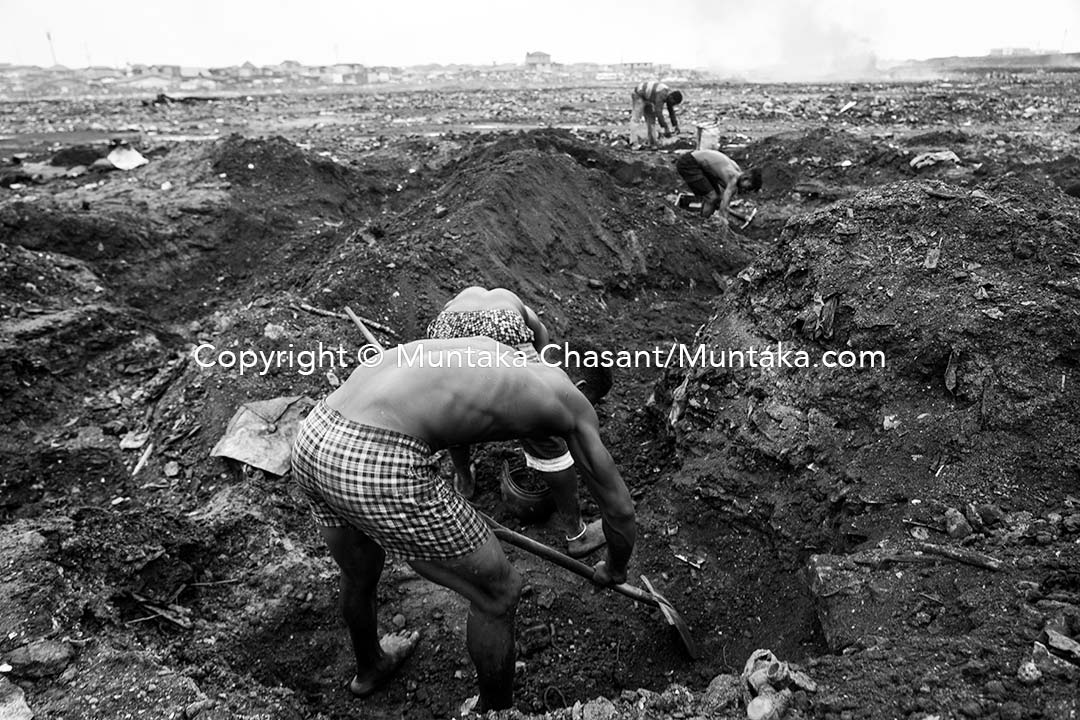
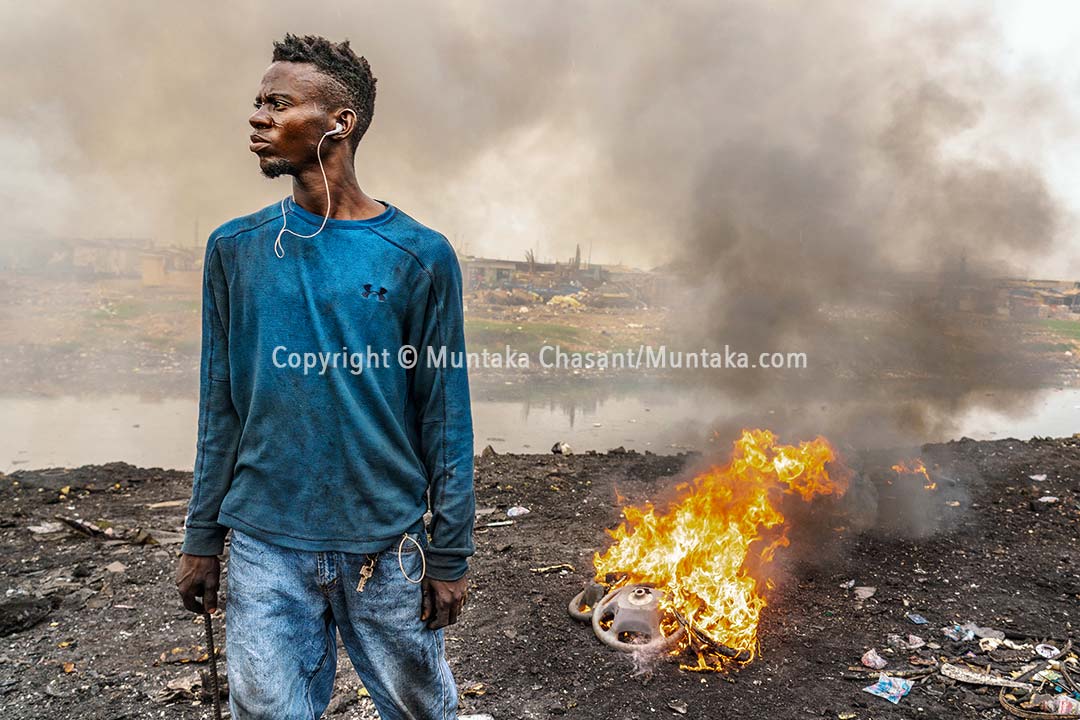

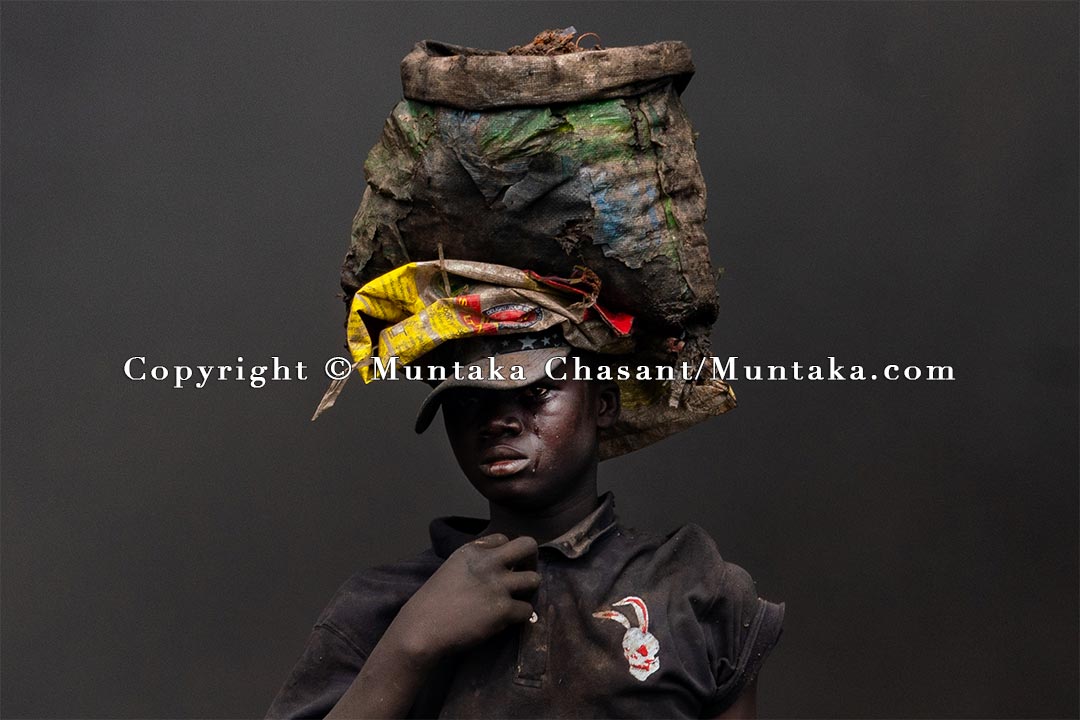

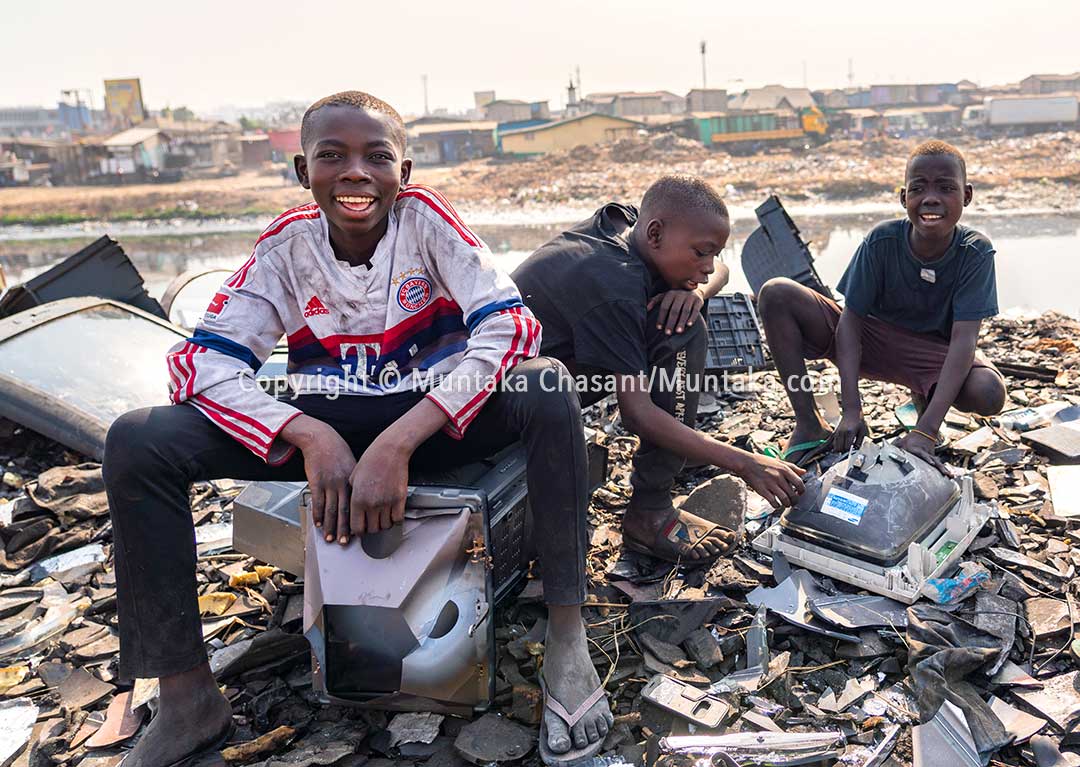
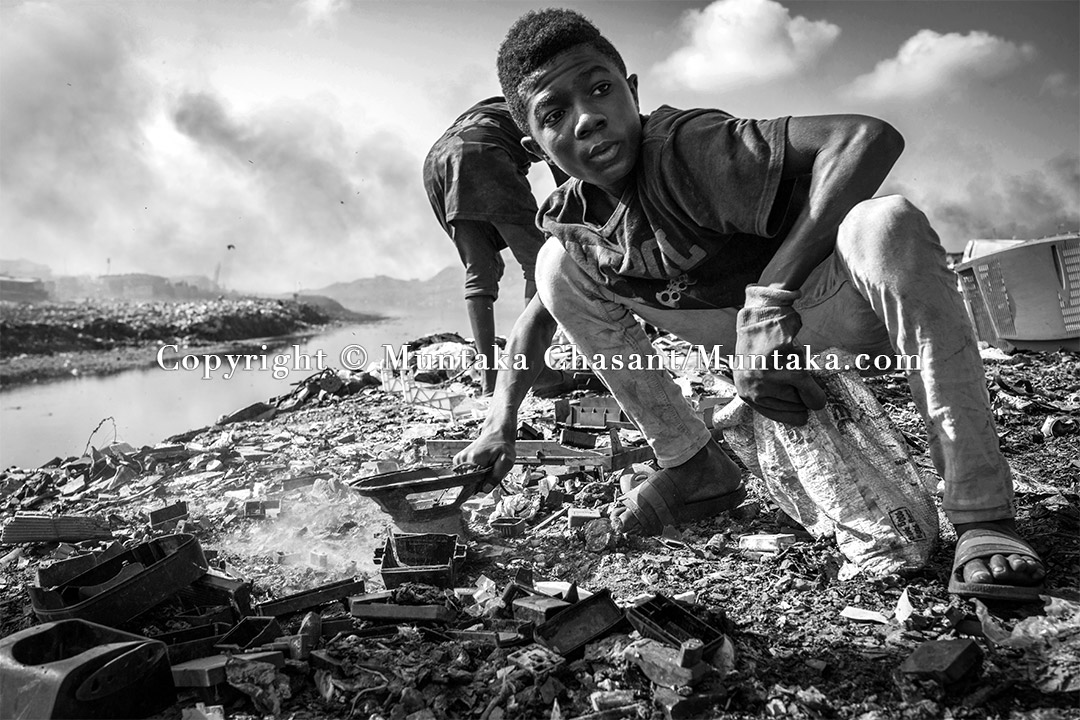
Leon
October 18, 2021at 1:51 pm
Hi, just wanted to say what a fantastic article and some beautiful images that capture the sadness of the situation, it’s a shame it’s not been reported elsewhere. (I will be posting this article on my FB Page, it won’t really help in the bigger scheme of things but trying to do my bit).
I was looking into Abgbogbloshie and its (E-Waste, compared to plastics!) impact on the environment (Was also looking for what ‘Western’ Companies send their E-Waste there?), I was wondering where the thousands of Tons of E-waste will now be sent?
In the West we spin the story about plastic bags being the devil (and a way to make money from consumers) and focus on companies like Apple, who claim to be enviromentaly friendly but know that their planned obosolecense doesn’t fit with their narrative, amongst other companies. In the UK there is no ‘Right To Repair’ legislation, which is gaining momentum in the US which makes E-Waste a massive issue in the future I personally believe, hence my enquiry/comment.
Regards and respect.
Leon
Leon
October 18, 2021at 2:21 pm
Hi, just wanted to add, I’ve had a quick read of some of your other posts and am now more informed, so thank you for being the voice on the ground and not through a media outlet.
Regards
Leon
Hannah Smith
November 9, 2021at 3:01 pm
An astounding piece of journalism. This reads like a grave injustice that has only served to score a few political points, and has failed to tackle the humanitarian and environmental problems which made the site so infamous in the first place. Much respect to you, Muntaka, and the people who’s stories you’ve told.
Muntaka Chasant
November 9, 2021at 4:50 pm
Thanks for the feedback, Hannah!
Dan Doherty
February 7, 2023at 11:08 am
A sad but excellent read, and the images are poignant, I was not aware of the brutality of the government in Ghana so this was eye opening and your perspective on the urban poor is captured perfectly.
Blessing Bello
March 19, 2023at 6:59 pm
I reside in Ghana and I must admit I had absolutely no idea such things were happening here.I used to hear people mention about Agbogbloshie and judging from what I have heard no one ever gave good remarks about the place.
I am doing a search on this because it was given as an assignment (I am a college student)
Thanks so much for sharing, this was really helpful.